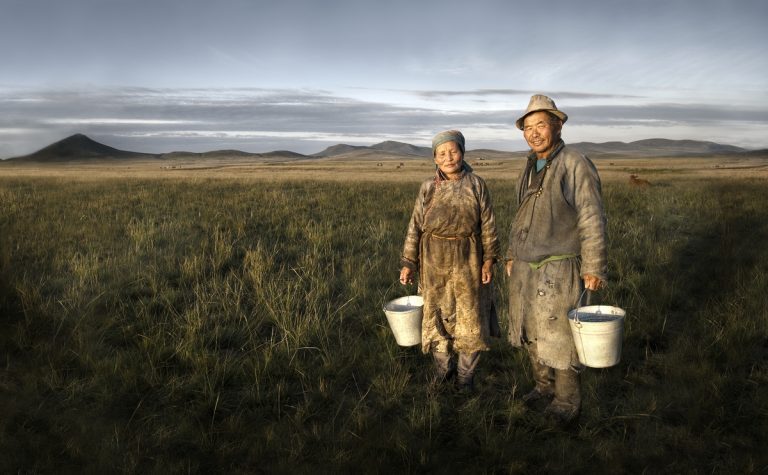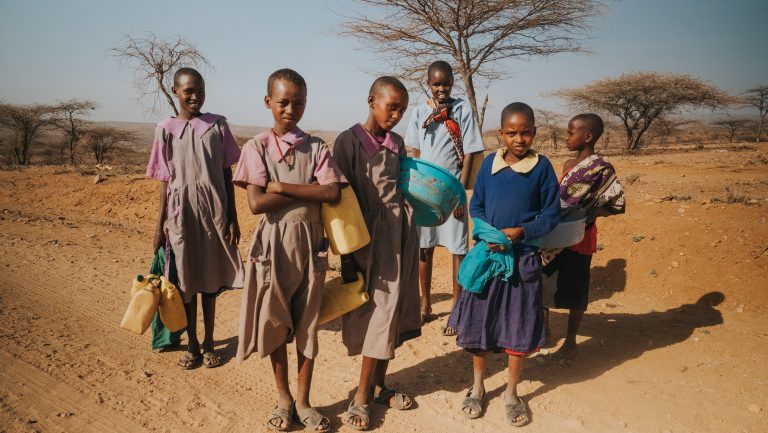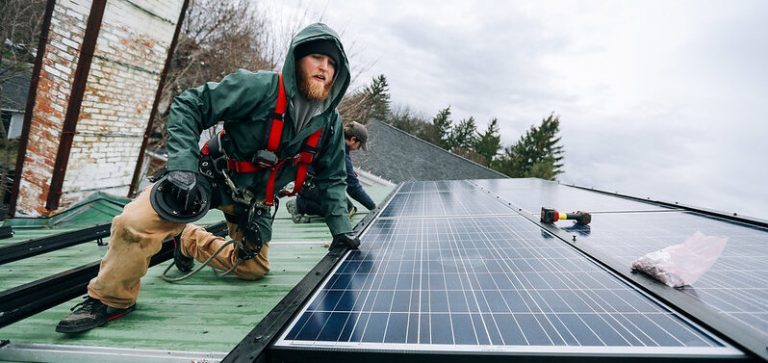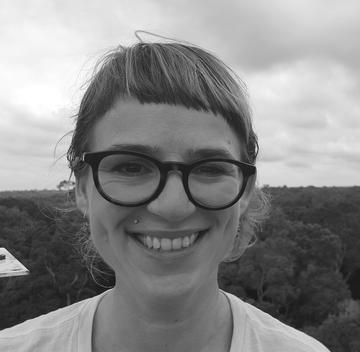Achieving well-being
Achieving well-being. Recognising the likelihood that climate change will have most severe impacts in communities that have contributed least to the crisis, we seek to understand the ways that climate action, including through conservation and nature-based solutions, can contribute to improved well-being across its multiple dimensions.
We extend impact assessment beyond the material, and engage and champion the knowledge, voices and values of indigenous people and local communities. We focus on better understanding the relationships between people, nature and place and how these relationships are differentiated across society, and changing through climate-induced shifts.
Our work identifies the potential for synergistic outcomes, and where trade-offs of interventions are inevitable. We use mixed methods and scales of analysis to support calls for greater recognition and legitimacy of the plural values and knowledges of nature within climate mitigation and adaptation arenas. We are informed by a decolonial approach, which is increasingly understood as essential for environmental and climate justice, and has gained recognition in the conservation, development and climate research communities.
Given the rise of polarised (mis)information, and increasing interconnectedness, we explore how to best communicate lived realities, as well as co-develop solutions, and learn from/with diverse groups in order to garner support for enhanced climate action with justice at the centre. We seek to understand the challenges and barriers to consensus building through mapping the priorities, interests, impacts and values of different communities and stakeholders. Within this effort we are intent on working towards enhanced interventions and analysis that concurrently address climate, biodiversity, and development challenges.
- Funded by the British Academy, the Recovery with Dignity (see also here) project generates applied knowledge on experiences of recovery in post-disaster settings within India using historical research and creative, participatory methodologies drawn from the humanities and social sciences. The central tenet of the research is that recovery processes that recognise and respect the dignity of socially differentiated populations will result in more sustainable responses, minimising ongoing trauma.
- Worsening drought conditions under climate change present huge humanitarian challenges in East African dryland regions. The Drought Resilience In East African dryland Regions (DRIER) project, funded by the Royal Academy, will develop new information tools and data that will enable a range of stakeholders from rural communities to government agencies to access direct information on the state of the water balance in their local area under current and future rainfall conditions.
- Down2Earth is a four-year project funded under the EU Horizon 2020 programme. The project is aimed at improving information from climate forecasts and projects to support climate adaptation in the drylands of East Africa.
- The Climate Resilient Development Pathways (CRDP) project, funded by the International Development Research Centre, Canada and the Department for International Development, UK, will synthesize knowledge from three recently completed climate research programmes to identify areas where policy change may be required or a greater focus on adaptation is necessary to help realign the development trajectories of semi-arid regions so they more climate-resilient.
- The Transforming Social Inequalities through Inclusive Climate Action (TSITICA) project addresses the nexus of climate change, sustainable livelihoods, poverty and inequality to understand how Climate Change Actions (SDG13) can be socio-economically transformative and synergistic with the Agenda 2030 aims of eliminating poverty (SDG1), reducing inequality (SDGs 5 and 10), and providing decent work and sustainable economic growth (SDG 8).
- The network for Partnerships for Resilience through Innovation and Integrated Management of Emergencies and Disasters (PRIMED) primarily aims to strengthen community preparedness and resilience as a strategic approach for addressing three key global challenges, i.e., sustainable development and poverty reduction, disaster risk reduction (DRR) and climate change.
- Flame-Free: Solutions to reduce the socio-environmental impacts of fire in Amazonian Forests under Sustainable Use funded by CNPq Brazil (Brazilian Research Council) aims to understand the relationships between small scale agricultural fire management practices, forest fires, and their social-ecological consequences in two sustainable use reserves of the Brazilian Amazon where landscape flammability and the risk of escaped fire has increased in recent years. The intention is to inform integrated fire management within these landscapes that build on diverse knowledge and strengthens response capacity.
- Evaluating the impact of REDD+ project activities on rates of habitat conversion and local livelihoods in the Gola Forest National Park is funded by the GCRF. This project involves an evaluation of a long-standing REDD+ intervention using a before, after, control and intervention (BACI) approach. A specific focus of this project has been to expand the initial impact metrics to incorporate a perception-based assessment to understand impacts on locally defined human well-being.

U-RES: Foundations for climate resilient and sustainable growing settlements
“Y1A1189 Nairobi” by Ninara via Flickr is licensed under CC BY 2.0 Urban populations are particularly vulnerable to
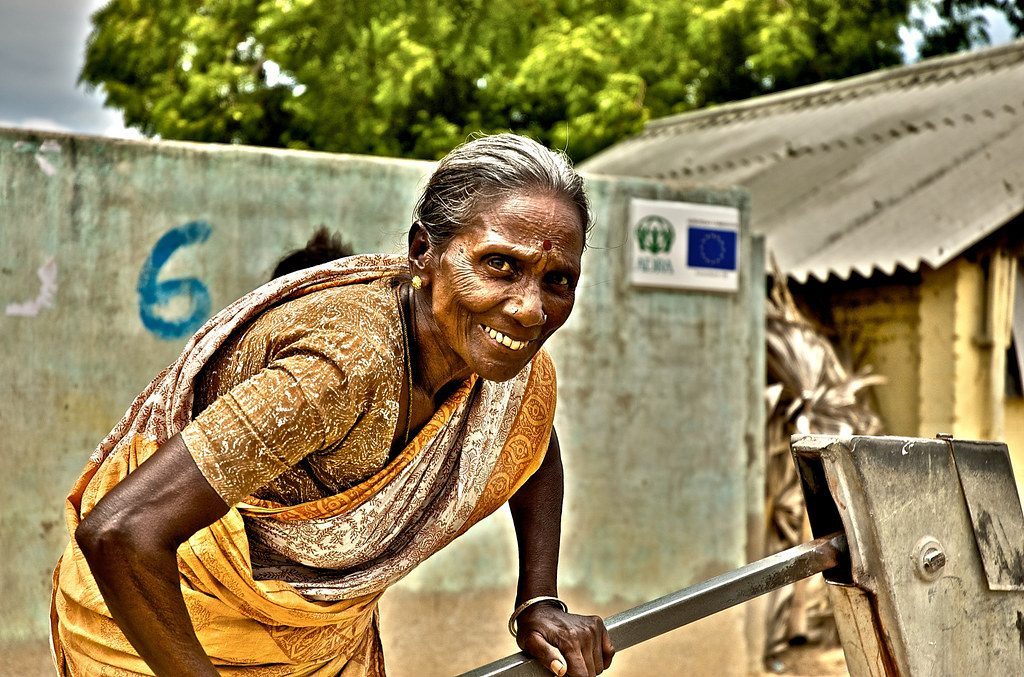
Recovery with Dignity
EU Civil Protection and Humanitarian Aid. Attribution-NonCommercial-NoDerivs 2.0 Generic (CC BY-NC-ND 2.0) This 2-year project, funded under the
Award-winning research into energy from agricultural waste in Southeast Asia brings in farmers’ perspectives to shape current efforts on rice straw and rice husk management and bioenergy development in Southeast Asia and advance agendas on farmer-focussed research, reducing agricultural waste by generating energy, and to ensure that climate actions also have development co-benefits.
Women in Environmental Sciences (WiES) brings together women of diverse ethnicities, working in diverse environmental disciplines, so they can address key environmental issues and the way they relate to women
Adaptation at Scale in Semi-Arid Regions (ASSAR) was a large, 6-year research project (led by the University of Cape Town) that ended in 2019 and explored the drivers and dynamics of vulnerability to understand different ways in which the resilience of people and organisations in semi-arid regions could be enhanced.
The project, Exploring historical trajectories of exposure, governance and tenure to build resilience to multiple hazards in Small Island Developing States (ran from 2016 to 2017), showed that an ‘all hazards’ approach to building resilience is more effective if placed within the particular historical and cultural contexts through which land use and human settlement patterns were established.
2020
- This study published in One Earth, analyzes 381 projects of the World Bank and the Global Environment Facility (GEF) concluded between 1995 and 2013 to show how much money is spent on joint conservation and development in the tropics, where the money is directed, whether it is directed to areas of greatest environmental and development need, and finally what factors drive funding allocation decisions. For further details click here.
- This article published in Global Environmental Change finds that plural valuation processes can lead to better (more sustainable and more just) outcomes.
- Published in One Earth, this article characterises and evaluates four distinct types of landscape approaches to integrating conservation and development.
- A research article published in the Journal of Water and Health exploring how climate change dynamics impact on Water, Sanitation and Hygiene (WASH) and cholera transmission
- A research article published in the Journal of Ecosystem Services exploring how different stakeholders understand and communicate rapid environmental change associated with an invasive plant species
- A research article published in Biomass and Bioenergy using a case-study of the Colombian coffee sector to assess the environmental trade-offs associated with bioenergy from agri-residues in sub-tropical regions
- A research article published in Sustainable Consumption and Production assessing the sustainability of synergistic supply of energy and water in remote communities
2019
- This article, published in The Geographical shows that prohibiting fire use may undermine conservation efforts in the Brazilian Amazon and causes multiple burdens for small scale farmers.
- A research article published in Global Environmental Change exploring the role of choice in migration as mediating wellbeing and resilience outcomes
- A research article published in the International Journal of Disaster Risk Science on the historical trajectories of disaster risk in Dominica
- A research article in Biomass Conversion and Biorefinery outlining the potential of coffee stems gasification to provide bioenergy for Colombian coffee farms
- A research paper published in Science of the Total Environment assessing the sustainability of home-made solar cookers for use in developing countries
2018
- A research paper published in Global Challenges reflecting on learnings about transdisciplinary research drawing on a 7-year climate change adaptation research programme involving researchers and practitioners
- A research paper published in Conservation Letters argues that an understanding of the social fit of institutional arrangements is important to support the design of effective environmental governance
2017
- A research article focusing on the different interpretations of transformation and how these can relate to practice (published in Palgrave Communications now Humanities and Social Science Communications).
- This research article, published in Global Environmental Change demonstrates the contested nature of peat fire governance in Indonesia’s peatlands and shows that a narrative around public health burdens may be a powerful language for change.

